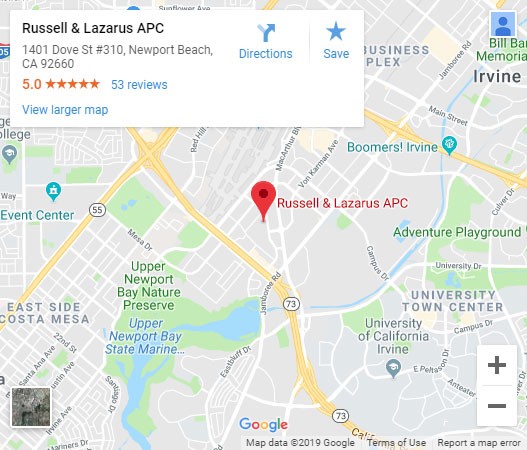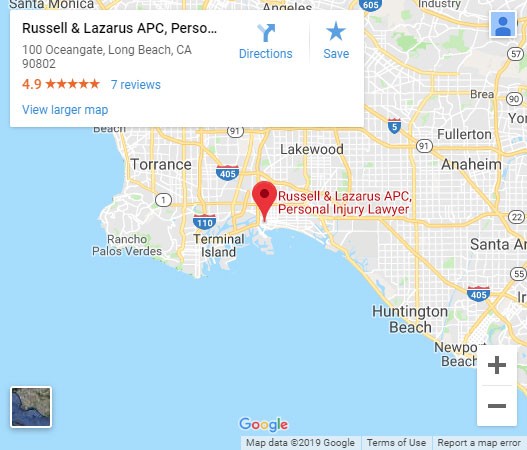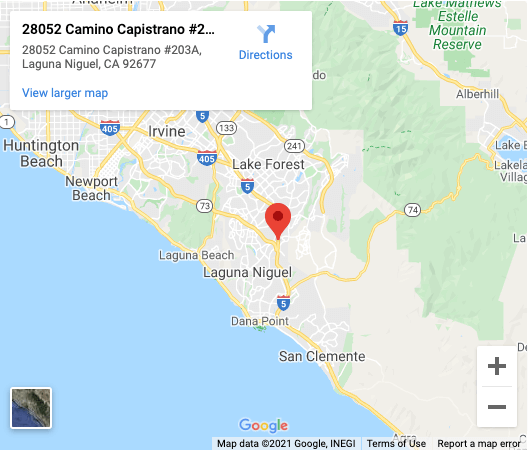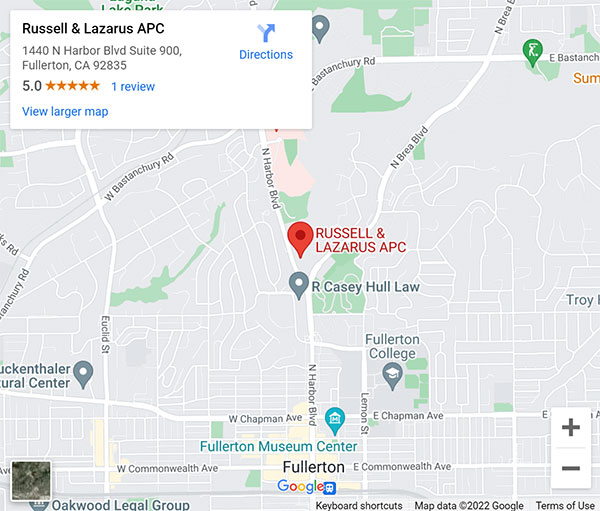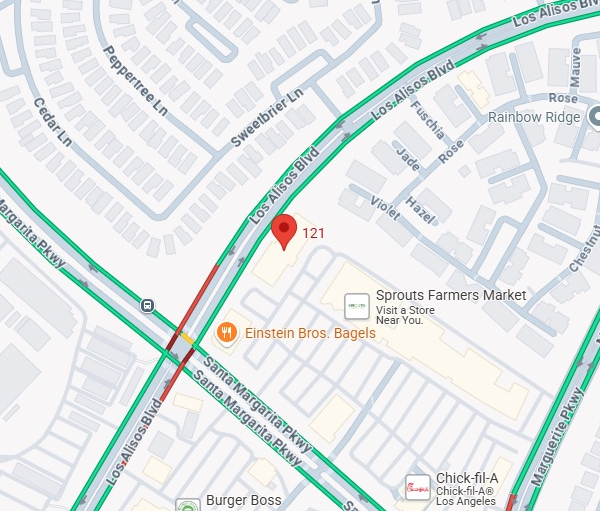Spinal Cord Injuries

Your body is like a delicate machine. Damage to a crucial aspect of your body could send your health spiraling downhill. One such essential body part is your spinal cord. Injuries to the spinal cord could severely impact your life and may require lifetime medical care.
What Is a Spinal Cord?
Your spinal cord is the cylindrical bundle of nerve fibers and associated tissue that is housed in membrane-covered vertebrae called the backbone. Starting from the base of your skull and ending just above the hips, the spinal cord connects the brain to nearly all parts of the body, forming the central nervous system. It is responsible for sending communications between your brain and your body, communicating a range of bodily functions such as breathing, body temperature, bladder, sexual functioning, movement, and feeling sensations.
What Is a Spinal Cord Injury?
Spinal cord injury is damage to the spinal cord that blocks communications between your brain and your body and could result in full or partial loss of motor control and sensation. This differs from damages to only the vertebrae (spine), which could cause neck or back pain that could radiate to different parts of the body. Spinal cord injuries are incurable and may cause:
- Paralysis in:
- Lower body (paraplegia)
- Torso and all four limbs (tetraplegia or quadriplegia)
- Loss of sensation or bowel and/or bladder control
- Exaggerated reflex actions or spasms
- Changes to sexual function and/or sensitivity, or fertility
- Pain or intense stinging sensation
- Difficulty breathing or inability to breathe
- Difficulty walking
- Reduced speech
Causes of Spinal Cord Injuries
Spinal cord injuries usually result from a traumatic injury or blow to the spine. Common causes are:
- Motor vehicle accidents (most common)
- Fall accidents (second most common)
- Acts of violence
- Diving into shallow water
- Recreational sport activities (e.g. football, gymnastics, snowboarding, skiing, or rock climbing)

Can I Sue for My Spinal Cord Injury?
An experienced personal injury attorney in Orange County would argue one or both of the two most common causes of spinal cord injuries.
Negligence
In most cases, spinal cord injuries are caused by someone else’s negligence. To succeed on a negligence claim, you must prove:
- Duty. The defendant had a legal duty of care;
- Breach. The defendant breached that duty by acting or failing to act in a certain way (negligent);
- Causation. The defendant’s negligent act caused actually caused your injury; and,
- Damages. You were actually harmed or injured as a result.
Product Liability
A defective product could also cause injuries to the spinal cord. For example, your seat belt snapped or the air bags did not deploy when you were involved in a car accident could cause or contribute to the resulting spinal cord injuries. Similar to a negligence claim, you must prove:
- Product defect. The product is defective if:
- The design of the product was inherently dangerous;
- The product was not manufactured according to the proper design and therefore, did not perform as intended; or,
- There was a lack of, or inadequate, warning labels against the product’s reasonable foreseeable dangers.
- Causation. The defective product caused your injuries.
- Damages. You were actually harmed or injured as a result.
Are There Defenses?
As with any personal injury claim, defendants will assert defenses to either reduce liability or to argue against liability.
Pre-Existing Condition
Defendants may argue that you already had a spinal cord injury prior to the accident. For example, if you were involved in a prior motor vehicle accident or sporting accident that resulted to injury to your spinal cord, defendants will argue that your current claimed spinal cord injury was not due to the present accident, but the prior accident. A knowledgeable personal injury attorney in Orange County would argue that your prior spinal cord injury was exacerbated or aggravated by the current injury.
Comparative Negligence
California follows the pure comparative fault rule: as long as you are not 100% at fault, you may recover damages; however, your monetary compensation will be reduced in proportion to the amount of fault is attributed to you for the accident. For example, if you are found 75% at fault for the accident, you will only recover 25% of the reward.
Assumption of the Risk
The defendants may argue that you “assumed the risk” of getting injured by willfully participating in an activity that you knew was dangerous. If the harm, or injury, relates closely to the risk that’s inherent in the activity, then you may not receive compensation for your injury. For example, if you go wall climbing at an indoor facility without a harness, there is a reasonable risk that you could fall and get injured. However, if you had a harness and the harness snapped, then the facility owner could not argue you assumed the risk since a faulty harness or equipment is not an inherent risk in an indoor wall climbing and the facility is obligated to provide a reasonably safe environment.
Compensation
You could receive monetary compensation for:
- Past, present and future:
- Medical treatment
- Pain, suffering, and mental anguish
- Lost earnings and future earning capacity
- Costs of assistive devices, such as motorized wheelchairs and modifications to the family home such as stair lifts.
Settling a Spinal Cord Case
Instead of taking your case to trial, your spinal cord injury lawyer may seek a settlement. In fact, most personal injury cases are resolved through a settlement. Your case may settle at various times, including:
After hiring a lawyer, but before filing a lawsuit
One of the first things your spinal cord injury lawyer will do is make a demand from the person or company responsible for your injuries. If your case is extremely compelling, you may be offered a settlement before you file a lawsuit. This can be beneficial because it saves time and money. Your attorney will only recommend settlement if it is a good deal for you.
After filing a lawsuit
Sometimes the person or company responsible needs motivation to take your claim seriously. Filing a complaint will initiate your lawsuit and let those responsible know that you mean business.
During the discovery process
After you file a lawsuit, both sides will engage in the discovery process. This involves trading information back and forth. If the person or company responsible is convinced of the seriousness of your case through your evidence, they may make a suitable settlement offer.
After an important motion is filed
Throughout the personal injury lawsuit process, your spinal cord injury lawyer will file many motions that address legal issues. For example, your attorney may file a motion for a summary judgment, which asks the judge to make a decision based on blatant facts of the case. If you file a persuasive motion, the other party may make a settlement offer that is beneficial to you.
Settlement negotiations will involve your spinal cord injury lawyer and the attorney for the other party or parties discussing a monetary amount that would be acceptable for your losses. The other party will want to settle for as little as possible, but your attorney will attempt to get as much money for you as they can. Your losses, as well as court and attorney fees, should be covered by your settlement.
Settlement negotiations may take place via written correspondence, or they may happen during a mediation. A mediation is a meeting between all parties and a person called a mediator. The mediator will ask both parties to discuss their evidence and present demands and offers of settlement.
If you make an agreement, you will sign a settlement agreement and additional paperwork, such as a non-disclosure agreement (NDA).
Consult a Spinal Cord Injury Lawyer in Orange County Today
For more information about your spinal cord injury, contact an experienced and skilled personal injury attorney in Orange County with Russell & Lazarus APC at (949) 851-0222.
Locations
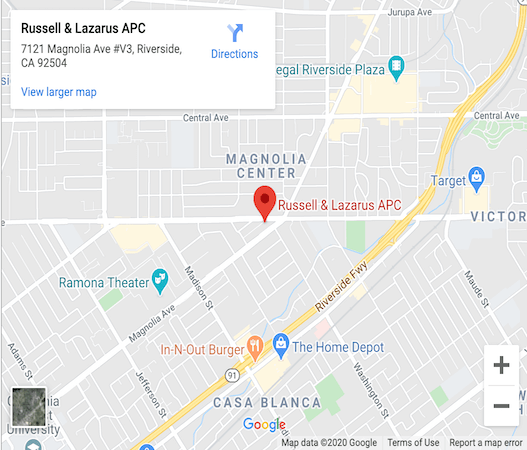
Phone: (951) 485-4000
Toll-Free: (800) 268-9228
Grandville Executive Suites
7121 Magnolia Ave., #V3
Riverside, CA 92504

